
If FDA approved, this 5-in-1 investigational candidate could provide the broadest meningococcal serogroup coverage.

If FDA approved, this 5-in-1 investigational candidate could provide the broadest meningococcal serogroup coverage.

This study analyzed concerns that a lack of time may lead primary care physicians to prescribe unnecessarily as a “quick fix.”

An investigator who helped draft the new recommendations discusses universal screening, the challenges of risk-based testing, and the overall goals of reducing HBV incidence rates.

The risk of congenital heart diseases in offspring was increased among mothers with preconception previous hepatitis B virus (HBV) infection.
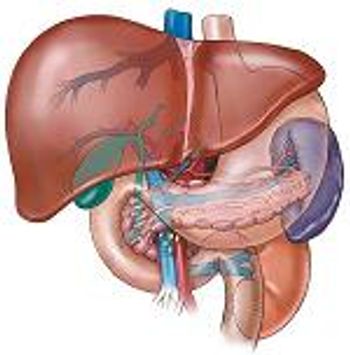
Cirrhosis, older age, and vaccine type were among factors associated with lower antibody responses to COVID-19 vaccines in patients with chronic liver disease, new research shows.

In the White House’s new budget they have put aside several billion dollars towards establishing a hepatitis C (HCV) program. In addition, an HCV vaccine is expected to go into phase 1 clinical trials this year, and a pharmaceutical company is working with states to gain better therapeutic access.

COVID-19 patients had a significantly higher risk of cardiovascular disease and death in both the short- and long-term.
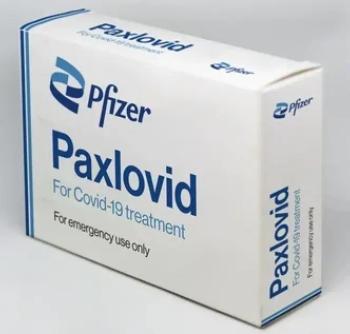
“Real-world” assessment finds nirmatrelvir-ritonavir reduces risk of severe COVID-19 from BA4 and BA5 omicron subvariants.
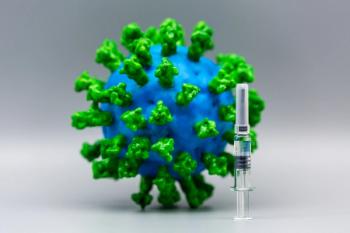
The benefits of COVID-19 vaccines waned over time and were less effective against the Omicron variant of the virus, a long-term meta analysis found.

A 4-dose COVID-19 vaccine regimen and prior infection with either the BA.1 or BA.2 variants were extremely effective against the Omicron BA.5 subvariant.
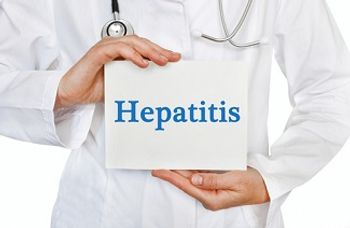
Global health officials highlighted an urgent need to ramp up efforts to eliminate viral hepatitis, with 1 million deaths annually at stake.

58.5% of an infant’s microbiota composition is transferred by their mother.
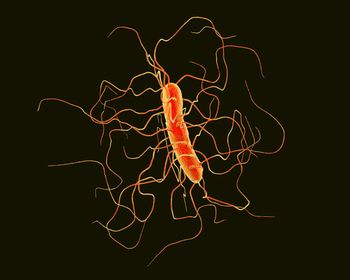
Investigators see a potential new approach to therapeutic development for C diff.

One of the most significant recommendations is for all adults to be tested for the virus at least once in their lifetime.

Nasal administration of the fully human anti-CD3 monoclonal antibody Foralumab modulated T cell inflammatory responses in COVID-19.

The companies, Apotex and Pharmedica, are doing this action due to concerns of sterility of the products.
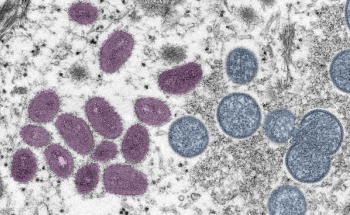
A healthcare worker and a patient with HIV concomitantly provide important clinical considerations.

The congressional bill has been on Capitol Hill for over 2 years now, and the interested stakeholders are continuing their lobbying efforts to get it passed.

Enteric pathogens increase C difficile virulence by providing amino acids that shape the metabolic environment in the gut.
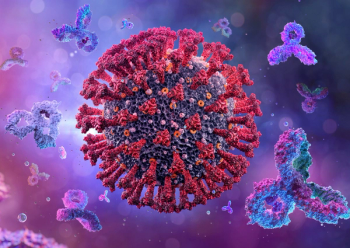
Use of early COVID-19 treatments did not reduce the risk of hospitalization or death, but did reduce long COVID symptoms after 3 months.

The seasonal respiratory virus could be the challenging, lingering colds people are suffering with this year.
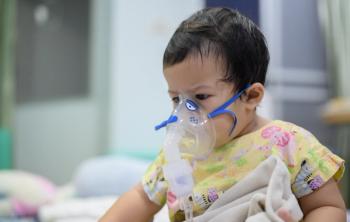
Children were hospitalized the most during the Omicron variant, but disease outcomes were the least severe during this variant period.
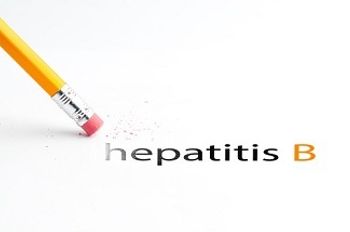
The hepatitis B vaccine (Recombinant), Adjuvanted (Heplisav-B) is approved in adults 18 years of age and older, and the vaccine’s developer, Dynavax, is working towards finding potential commercial partners for Great Britain.

The most common reasons parents cited for hiding a child’s COVID-19 infection included an inability to stay home from work and wanting to make decisions about their child’s health without outside input from authorities.
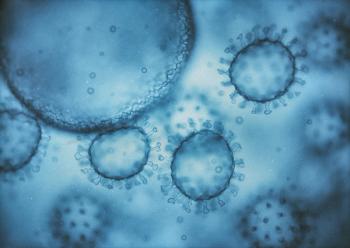
“HIV reservoir dynamics are driven by local inflammation and gut dysbiosis,” the investigators concluded.
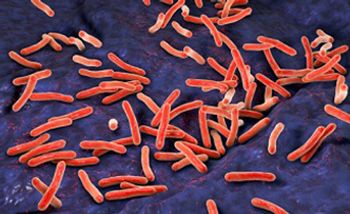
The TRUNCATE-TB trial demonstrated 8 week regimen with bedaquiline and linezolid for rifampin-susceptible TB noninferior to standard 6-month treatment.

A young woman who dealt with reoccurring Clostridioides difficile (CDI) in a short amount of time recounts her experience and how getting into a clinical trial made the difference in resolving her condition and getting her back to good health and her family.

The therapy, bepirovirsen, is an antisense oligonucleotide that targets all Hepatitis B (HBV) messenger RNAs, and the company is hoping it will become a functional cure.

In the 12-month period following COVID-19 infection, long COVID patients had an excess death rate of 16.4 per 1000 individuals.